
Productivity
Productivity refers to the efficiency of converting inputs into outputs. It is a measure of how effectively resources like time, labor, and materials are utilized to achieve desired results. Enhancing productivity involves optimizing processes, reducing waste, and maximizing output, ultimately driving economic growth and improving overall performance.
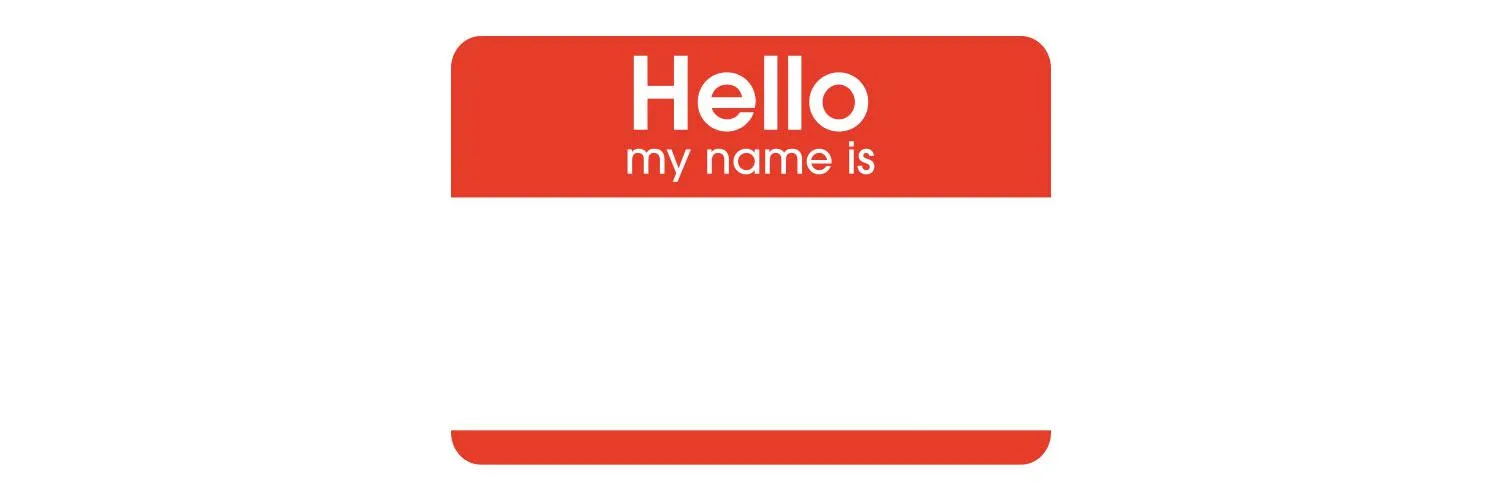
10 Tips for Making the Most of a Business Conference
Attending a business conference can be a valuable opportunity for networking and professional growth. To maximize your experience, set clear goals for what you hope to achieve, research attendees and speakers in advance, and prepare thoughtful questions. Engage actively in discussions, exchange contact information, and follow up afterward to maintain connections. Utilize social media to share insights and connect with others. Stay open-minded, take notes, and participate in workshops to gain new skills and perspectives that can benefit your career.
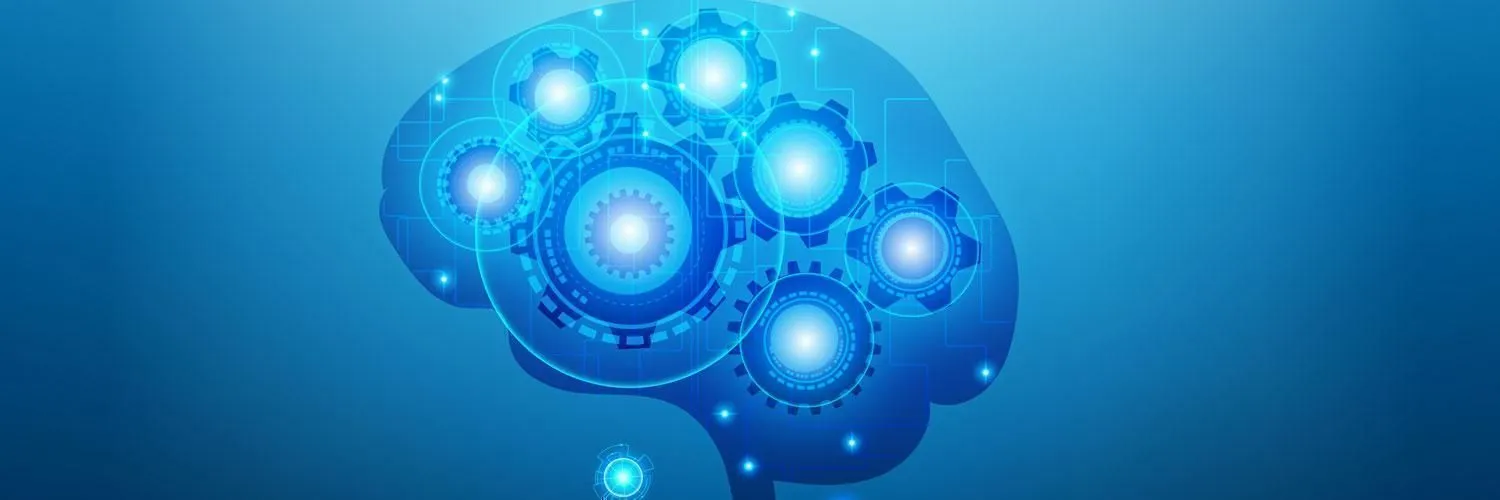
Automation is a mindset, not just a tool
Automation transcends the mere implementation of tools and technologies; it embodies a mindset focused on efficiency, innovation, and continuous improvement. Embracing automation means fostering a culture that encourages collaboration, adaptability, and strategic thinking. Organizations that adopt this mindset empower their teams to identify repetitive tasks, streamline processes, and leverage automation solutions creatively. By prioritizing automation as a fundamental approach to problem-solving, businesses can enhance productivity, reduce errors, and unlock new opportunities for growth and innovation in an ever-evolving landscape.

What Productivity Means: An Interview With Author Chris Bailey
In an engaging interview with author Chris Bailey, the concept of productivity is explored beyond mere time management. Bailey emphasizes that true productivity involves maximizing our energy and focus to align with personal goals. He discusses practical strategies for enhancing productivity, highlighting the importance of mindful work habits and intentional living. By addressing common misconceptions and providing actionable insights, Bailey inspires readers to redefine their understanding of productivity as a holistic approach to achieving meaningful outcomes in both professional and personal spheres.
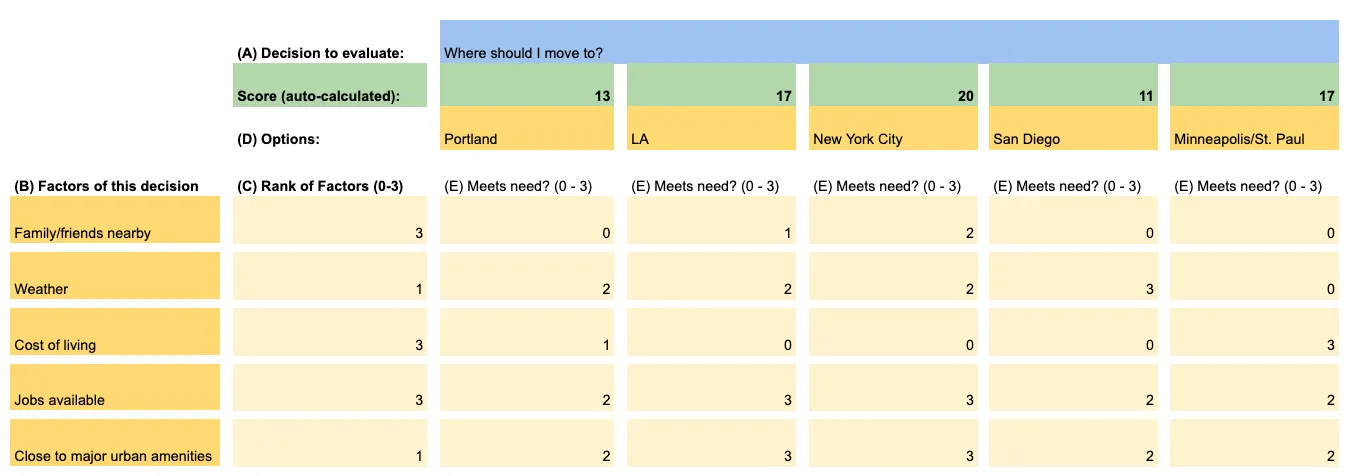
The Decision Matrix: Make Better Decisions With This Spreadsheet Template
The Decision Matrix is a powerful tool designed to help individuals and teams make informed choices by evaluating multiple options against specific criteria. This spreadsheet template allows users to assign weights to various factors, facilitating a structured analysis of each alternative. By visually comparing outcomes, it simplifies complex decision-making processes and enhances clarity. Ideal for both personal and professional contexts, the Decision Matrix fosters collaboration and ensures that decisions are based on data-driven insights rather than intuition alone.
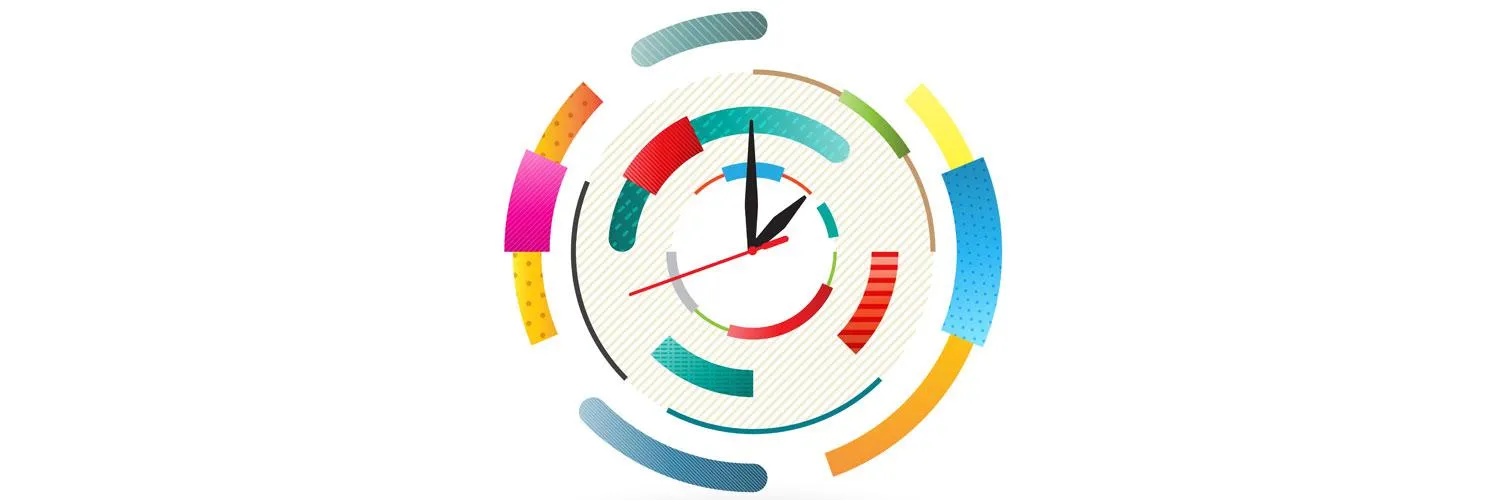
Why We're Bad at Estimating Time (and What to Do About It)
People often struggle with accurately estimating time due to cognitive biases, lack of experience, and an overly optimistic outlook on task completion. This tendency leads to underestimating the time needed for projects, resulting in stress and missed deadlines. To improve time estimation, individuals can break tasks into smaller parts, use historical data as a reference, and implement time tracking tools. By adopting a more systematic approach, one can enhance their ability to predict how long tasks will actually take.

How to Read 50 Books a Year
Reading 50 books a year can be an achievable goal with the right approach. Start by setting a clear intention and creating a reading list that excites you. Establish a daily reading habit, even if it’s just a few pages, to build consistency. Utilize downtime, such as commuting or waiting, to sneak in extra reading. Consider audiobooks as a flexible option. Finally, engage with the material through notes or discussions to enhance understanding and retention, making the experience more enjoyable.

The Science of Sleep and Productivity
The Science of Sleep and Productivity explores the intricate relationship between sleep patterns and work efficiency. Quality sleep is essential for cognitive function, memory retention, and emotional regulation, all of which significantly impact productivity levels. Research indicates that insufficient or poor-quality sleep can lead to decreased focus, impaired decision-making, and increased stress. By understanding the mechanisms of sleep and its effects on the brain, individuals can adopt healthier sleep habits to enhance their daily performance and overall well-being.
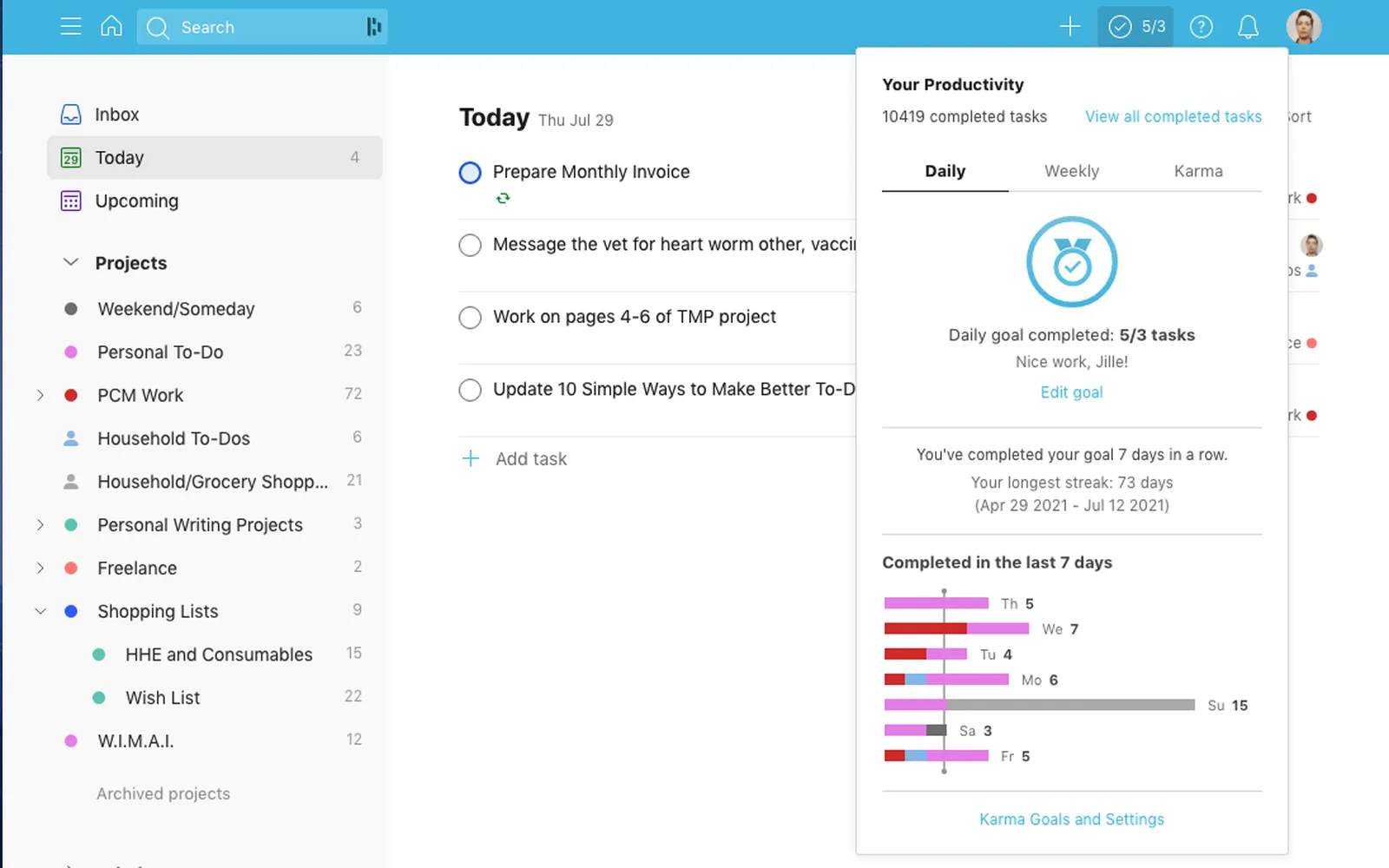
Your To Do List and Beyond: 8 Powerful Ways to Manage Your Tasks
This guide explores effective strategies for managing tasks beyond the traditional to-do list. It emphasizes the importance of prioritization, organization, and time management to enhance productivity. Readers will discover techniques such as breaking tasks into manageable steps, utilizing digital tools for efficiency, and incorporating regular reviews to stay on track. Additionally, the guide highlights the value of setting realistic goals and maintaining a flexible mindset to adapt to changing circumstances, ultimately fostering a more balanced and effective approach to task management.

Wait...Is Inbox Zero Good or Bad for Productivity?
The concept of Inbox Zero, which emphasizes keeping an empty email inbox, has sparked debate regarding its impact on productivity. Proponents argue that it reduces stress and enhances focus by eliminating distractions, allowing for better task management. Conversely, critics suggest that obsessively managing emails can lead to inefficiency, as it may divert attention from more important tasks. Ultimately, the effectiveness of Inbox Zero depends on individual work styles and how one balances email management with broader productivity goals.
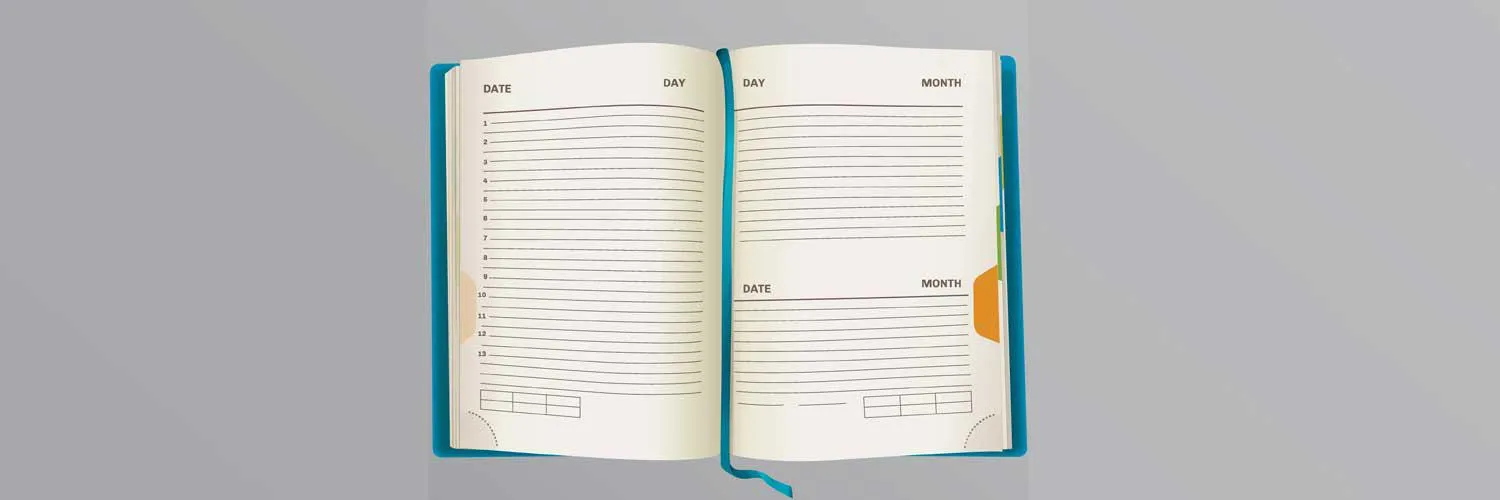
If Time-Tracking Apps Don't Work for You, Try a Productivity Journal
If time-tracking apps feel overwhelming or ineffective, consider switching to a productivity journal as an alternative. A journal allows you to reflect on your daily tasks, set clear goals, and assess your achievements without the pressure of technology. By writing down your thoughts and progress, you can identify patterns, prioritize better, and enhance your focus. This personalized approach fosters mindfulness and can lead to greater accountability, ultimately boosting your productivity in a more manageable and meaningful way.
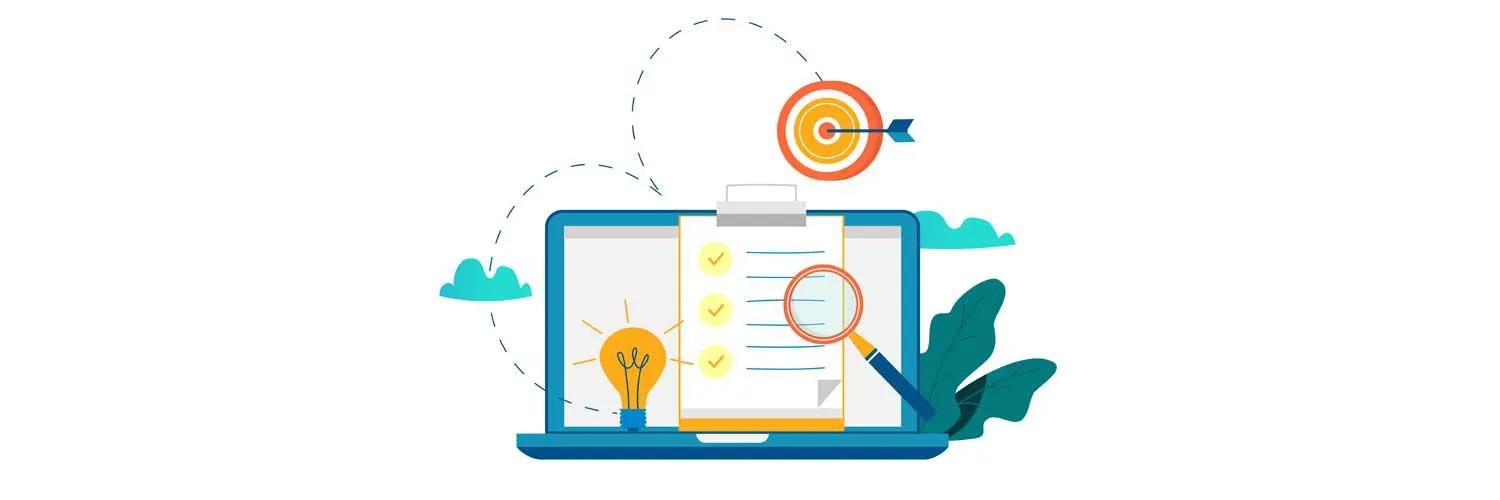
Organize Your Life with the Agile Method
Organizing your life with the Agile Method involves applying principles from agile project management to personal productivity. This approach emphasizes flexibility, iterative progress, and collaboration, allowing you to adapt to changing circumstances. By breaking tasks into manageable chunks, prioritizing them, and regularly reviewing your goals, you can maintain momentum and stay focused. Embracing a mindset of continuous improvement helps you refine your processes, ultimately leading to a more balanced and fulfilling life while efficiently managing your time and resources.

The Art of Being Bored: How to Be More Productive By Doing Nothing
"The Art of Being Bored" explores the paradox that embracing boredom can actually enhance productivity and creativity. It argues that moments of inactivity allow the mind to wander, fostering innovative thoughts and problem-solving abilities. By intentionally creating space for boredom in our fast-paced lives, individuals can unlock new perspectives and ideas. The book encourages readers to rethink their relationship with idleness, suggesting that stepping back from constant stimulation can lead to greater focus and fulfillment in their tasks.

The Science of Music and Productivity
The relationship between music and productivity is a fascinating area of study that explores how different types of music can influence focus, creativity, and overall work efficiency. Research indicates that certain genres, particularly those with a steady rhythm or calming melodies, can enhance concentration while reducing stress and anxiety. Conversely, loud or complex music may be distracting for some individuals. Understanding these dynamics can help people curate their listening experience to optimize their productivity and improve their work performance.
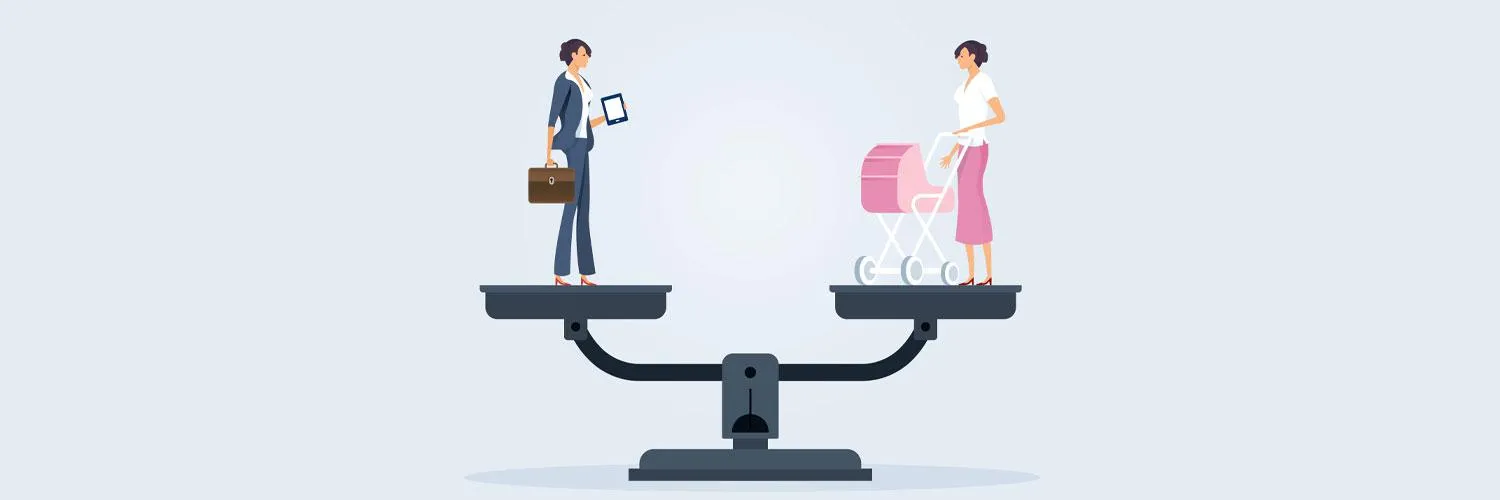
Work-Life Balance May Have More to Do with Your Personality Than Your Job
Research suggests that an individual's personality traits play a significant role in achieving work-life balance, potentially even more than the nature of their job. Traits such as conscientiousness, openness to experience, and emotional stability can influence how one manages stress and prioritizes tasks. Those with a proactive approach tend to set boundaries and engage in self-care, leading to a healthier balance between professional and personal life. Understanding this connection can help individuals tailor their work environments to better suit their personality and enhance overall well-being.

We Put Off Drinking Coffee Until 10 a.m. Every Morning. It's Kind of Great.
The article explores the benefits of delaying coffee consumption until 10 a.m. each morning. By postponing their caffeine fix, individuals experience a more gradual energy boost and improved focus throughout the day. This practice encourages mindfulness and allows for a more intentional morning routine, which can enhance productivity and overall well-being. The author shares personal anecdotes and insights on how this simple change can lead to a more enjoyable and less jittery coffee experience, ultimately making mornings more refreshing.
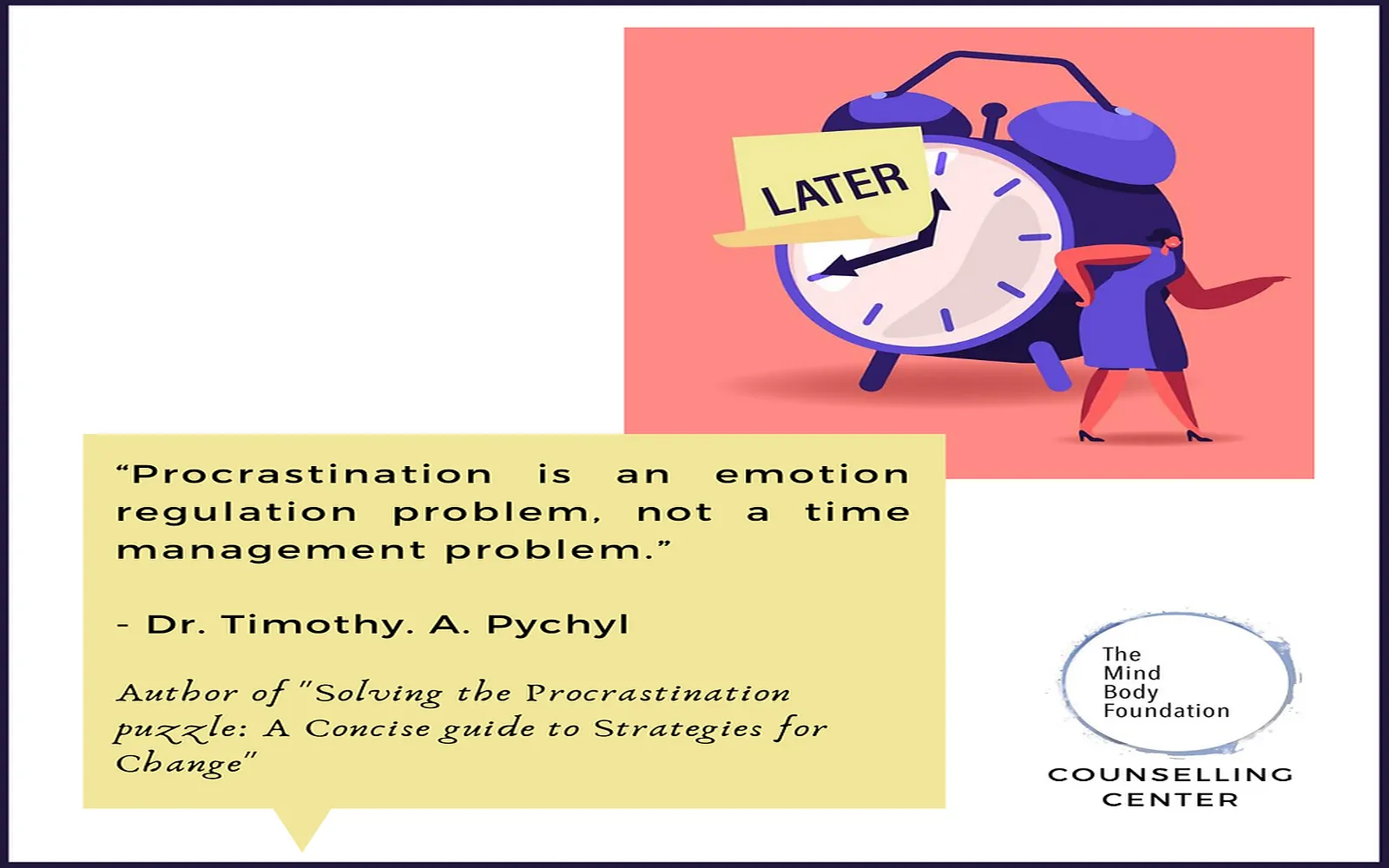
Procrastination Isn't a Time Management Problem, It's an Emotional Problem
Procrastination often stems from emotional factors rather than poor time management skills. It reflects deeper feelings such as fear of failure, perfectionism, or anxiety, which can lead individuals to avoid tasks that trigger these emotions. Instead of merely focusing on organizing schedules or prioritizing tasks, addressing the underlying emotional issues is crucial. By understanding and managing these feelings, individuals can break the cycle of procrastination and develop healthier habits that promote productivity and well-being.
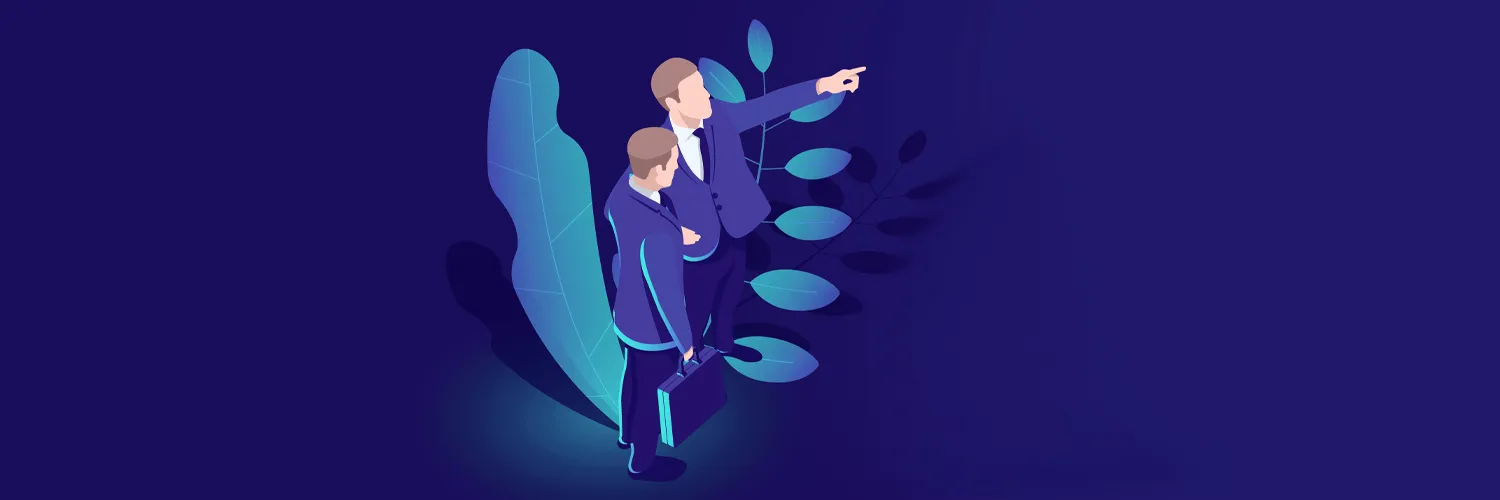
How to Find a Mentor and Maintain a Meaningful Relationship
Finding a mentor involves identifying individuals who align with your career goals and values, then reaching out to them with genuine interest in their work. Building a meaningful relationship requires open communication, mutual respect, and a willingness to learn. Regularly check in with your mentor, seek feedback, and share your progress. Showing appreciation for their guidance and being proactive in the relationship will help strengthen the bond, ultimately fostering a supportive and enriching experience for both parties.
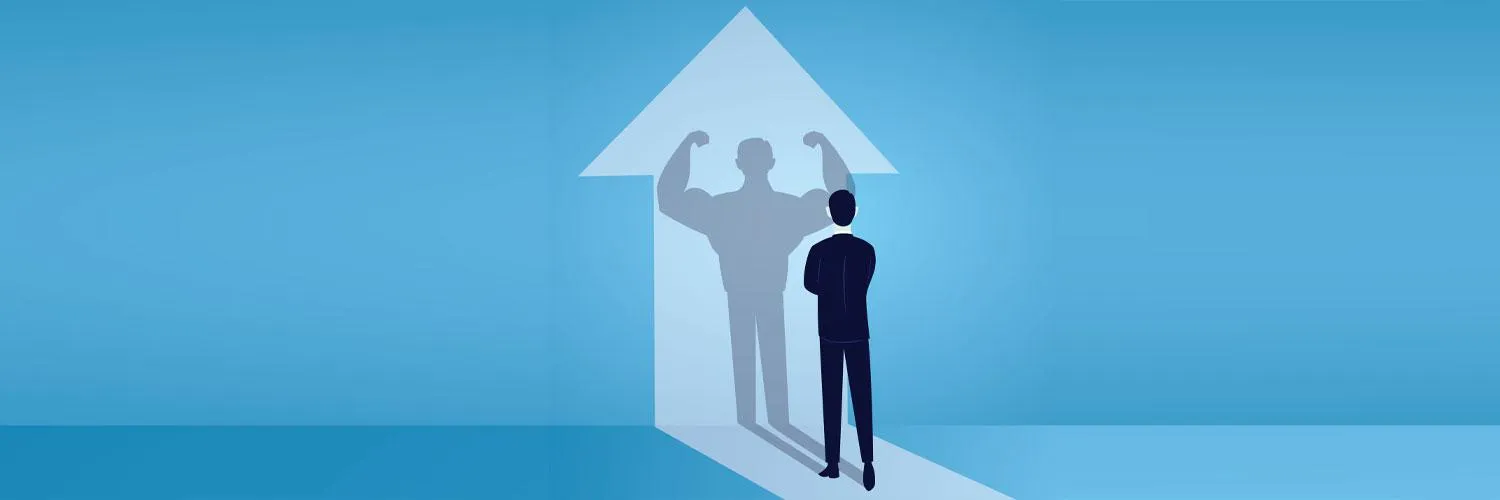
Work on Your Strengths, Not Your Weaknesses
Focusing on your strengths rather than your weaknesses can lead to greater personal and professional fulfillment. By identifying and honing your natural talents, you can enhance your performance and build confidence. This approach encourages a positive mindset, allowing you to leverage what you excel at to overcome challenges. Emphasizing strengths fosters resilience and motivation, creating a more engaging and productive environment. Ultimately, it shifts the focus from fixing flaws to maximizing potential, leading to more meaningful achievements and satisfaction in life.
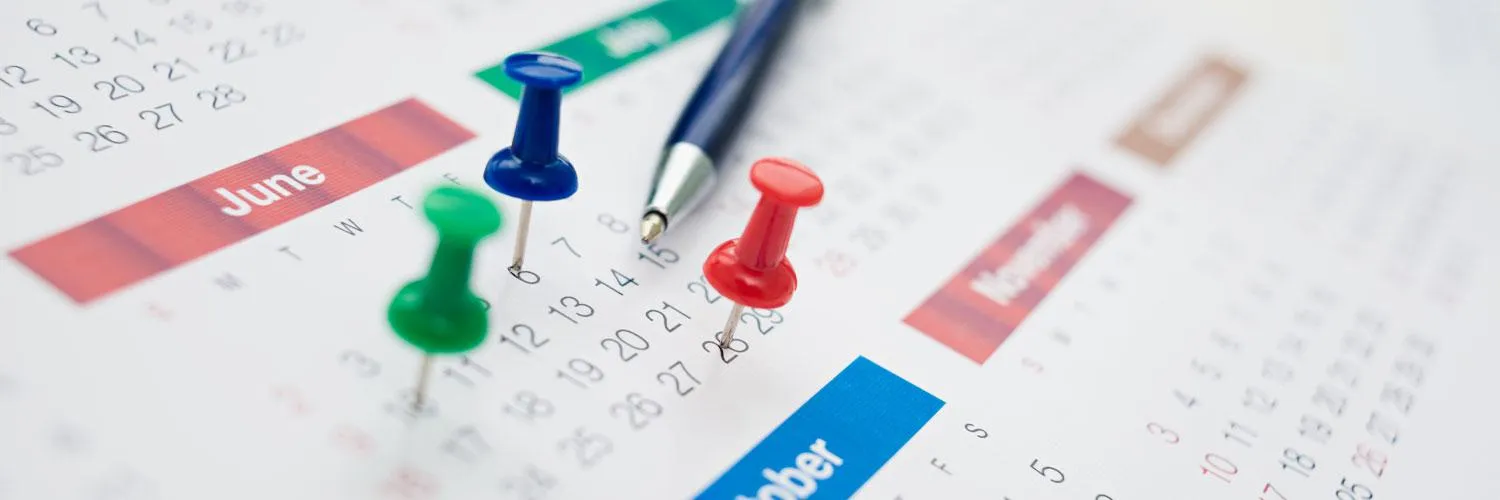
How to Make Deadlines Less Stressful and More Motivational
To make deadlines less stressful and more motivational, start by breaking tasks into smaller, manageable steps, allowing for a sense of progress. Set realistic goals and prioritize tasks to create a clear plan. Incorporate regular breaks to maintain focus and reduce burnout. Emphasize the positive aspects of meeting deadlines, such as personal growth and achievement, and consider rewarding yourself upon completion. Lastly, foster a supportive environment by sharing your goals with others, which can enhance accountability and encouragement.

The True Cost of Multitasking Isn't Productivity—It's Mental Health
Multitasking is often perceived as a way to enhance productivity, but it can lead to significant mental health challenges. Juggling multiple tasks simultaneously increases stress levels, diminishes focus, and impairs cognitive function. This constant distraction not only affects work quality but also contributes to feelings of anxiety and burnout. Instead of boosting efficiency, multitasking can create a cycle of overwhelm, ultimately harming emotional well-being and overall mental health. Prioritizing single-tasking may offer a healthier approach to managing time and responsibilities.